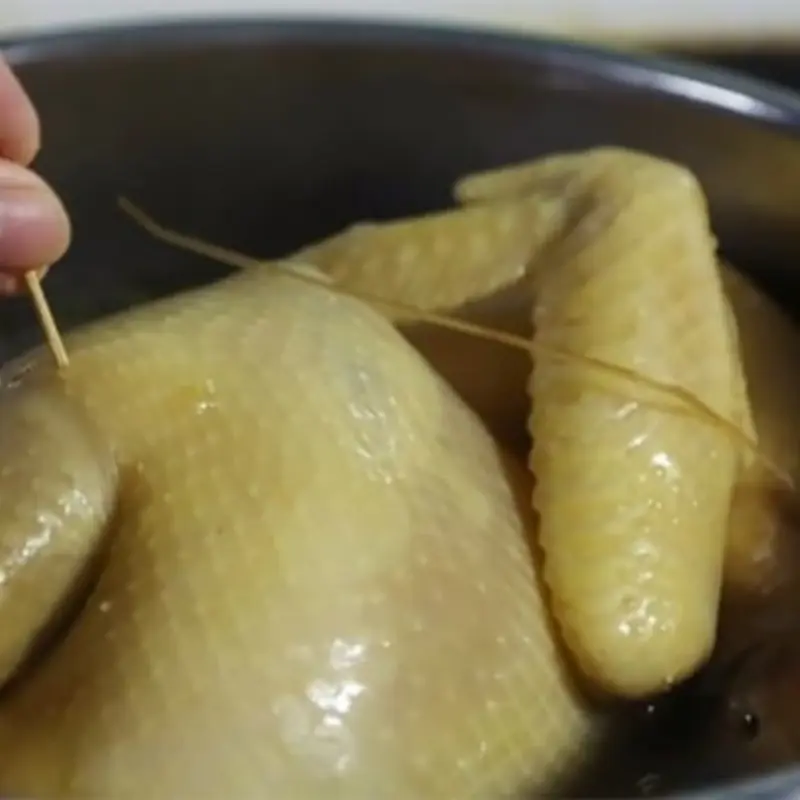
The water used to boil chicken helps keep the meat firm, sweet, and intact.
Don't Add Salt and Plain Water—This Is the Secret to Sweet, Tender, and Firm Meat
Is It Safe to Cook Rice Without Rinsing It?
Some people skip rinsing rice before cooking, fearing it will lose nutrients. But is this the right choice?
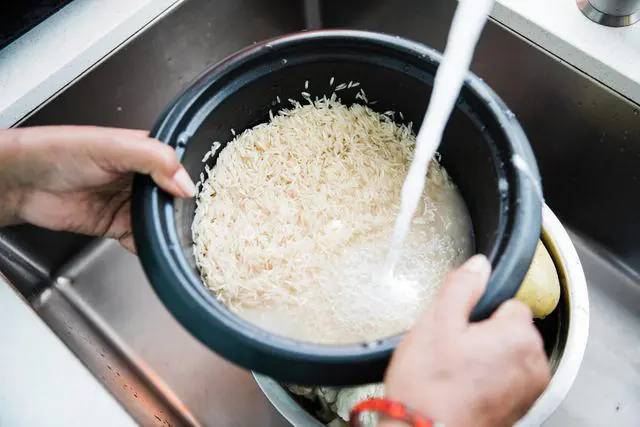
Experts say rice contains essential nutrients like calcium, vitamins, and minerals. However, it can also harbor microplastics, dust, sand, and small stones. Rice may contain trace amounts of inorganic arsenic, which can be reduced through rinsing.
Skipping this step leaves these contaminants behind. Fortunately, rinsing rice doesn't significantly deplete nutrients like fiber, vitamins, iron, or zinc. The nutritional value of rice depends more on factors like variety, soil quality, climate, and farming practices than on the rinsing process.
Important:
Distinguish between old rice and moldy rice. Moldy rice may contain Aspergillus fungus, which produces aflatoxins—harmful toxins that can cause liver damage or even liver cancer if consumed over time.

Don't Add Salt and Plain Water—This Is the Secret to Sweet, Tender, and Firm Meat
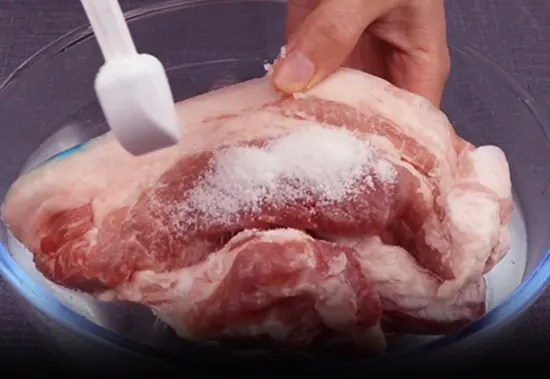
Freezing meat is a convenient way to preserve it for future meals, saving time and reducing grocery trips.
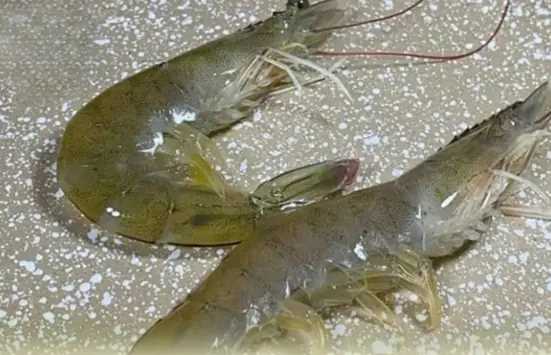
When selecting shrimp, many people are unsure whether to pick “straight shrimp” or “curved shrimp.”
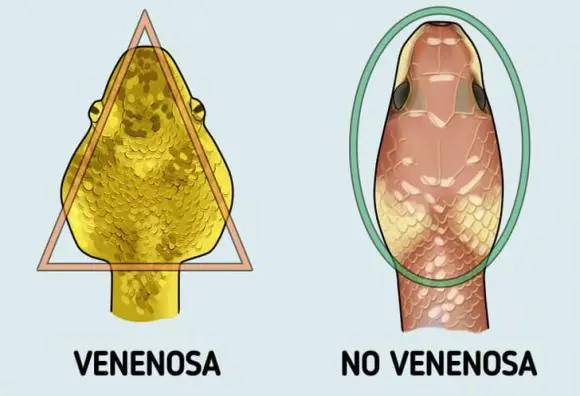
How to identify venomous vs non-venomous snakes
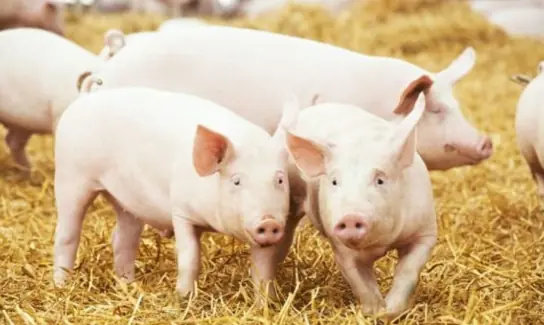
We all know that food consumption habits vary greatly among countries.

Typically, hotel beds come with at least four pillows

Plants that should not be planted because they attract snakes into the house, including very familiar types

Your feet might not be the first place you think of when you hear “heart health”
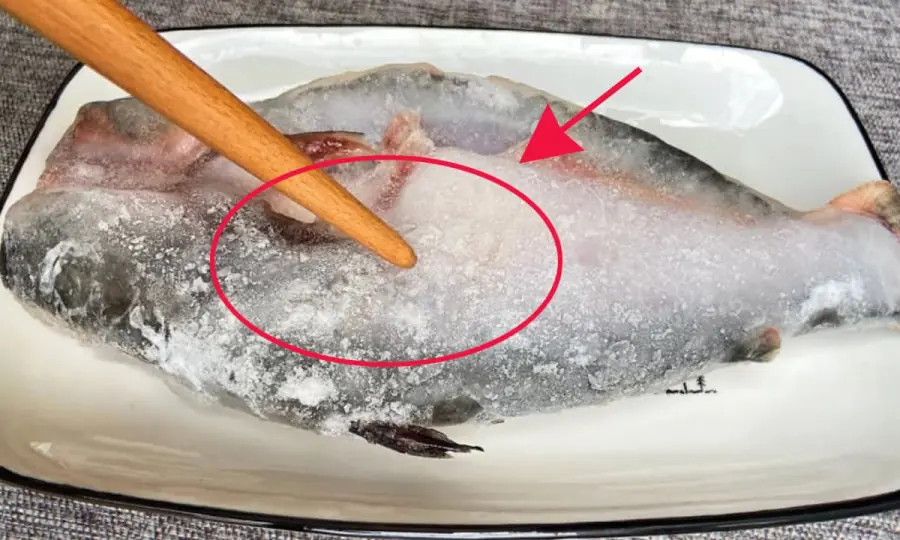
3 quick and reliable methods to safely defrost fish and get it perfectly ready for cooking
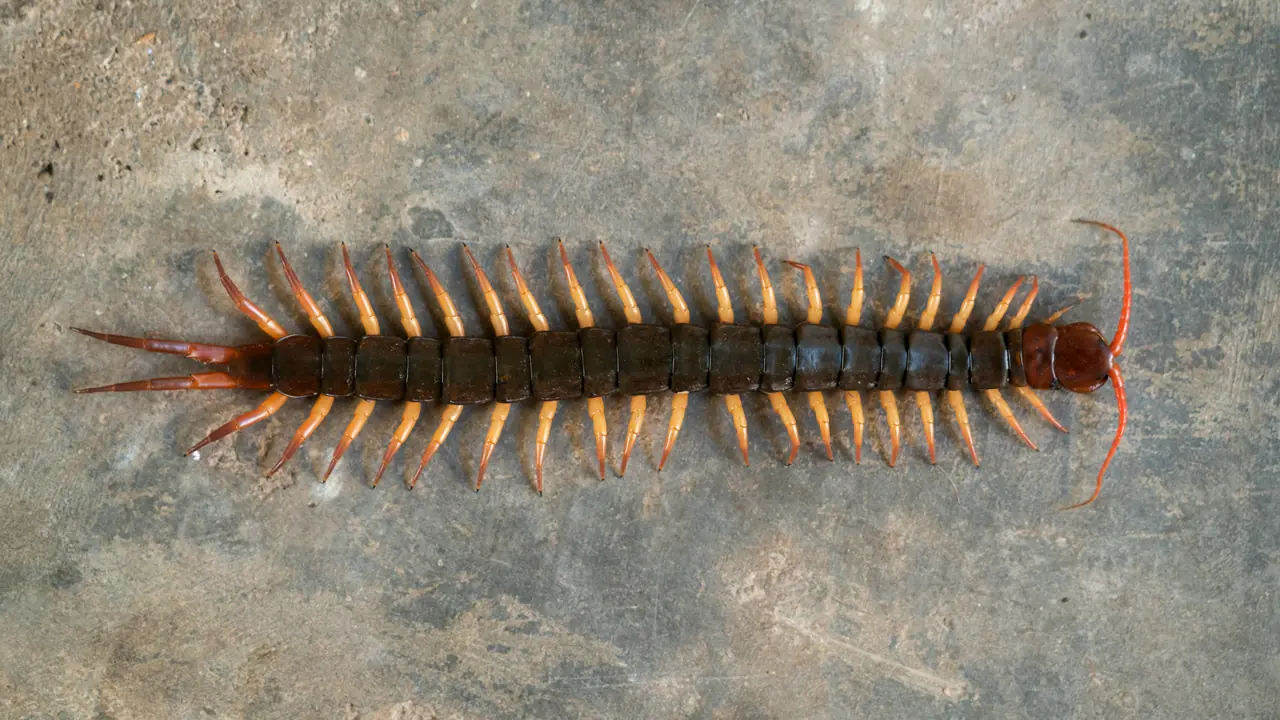
Why you shouldn’t rush to ki.ll millipedes when you find them inside your home?
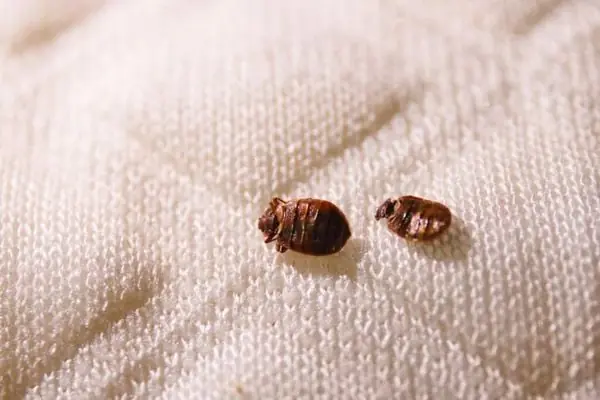
Natural ways to eliminate bed bugs: Proven home solutions
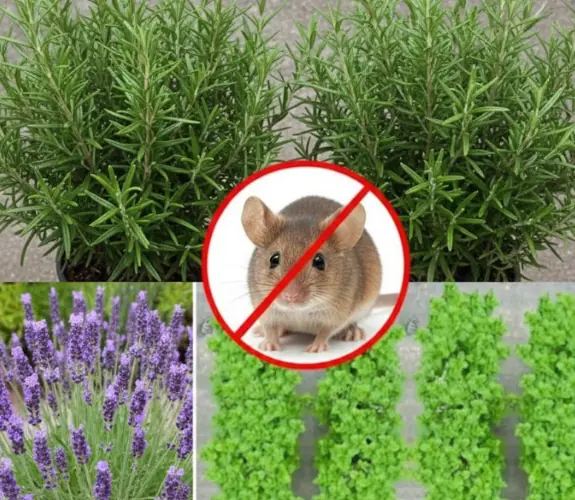
Best plants to grow for repelling mice from the house effectively

After a period of use, showerheads often get clogged due to mineral deposits sticking inside, causing uneven water flow.

Here’s a surprisingly simple household trick to sharpen your old, dull scissors without any special tools.
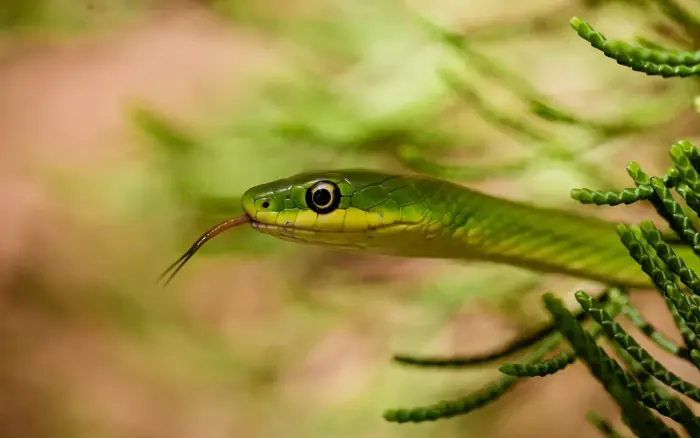
These 5 plants in your garden could make it more appealing to snakes
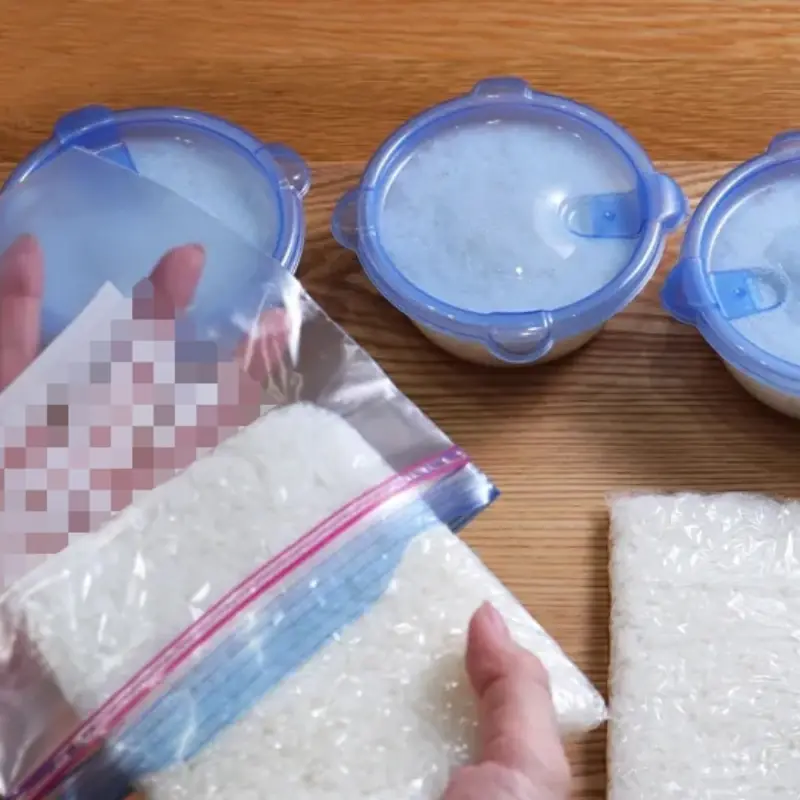
A simple Japanese food hack keeps leftover rice soft, fresh, and tasty.
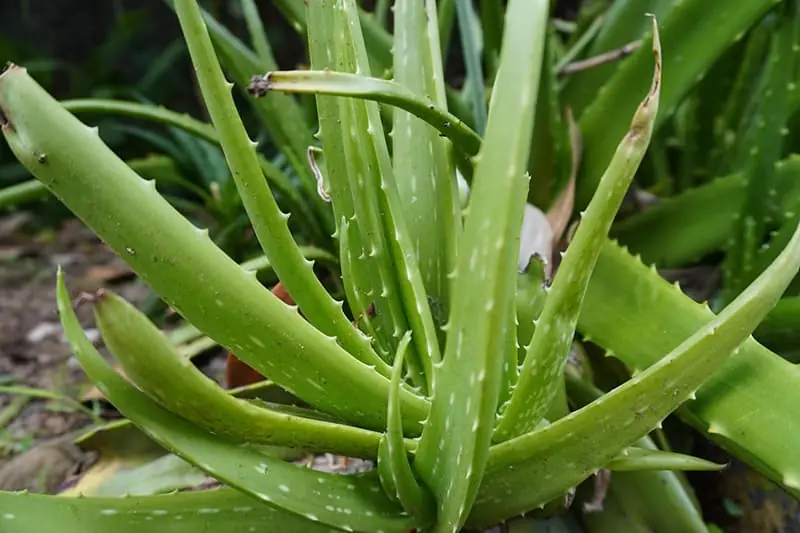
5 powerful plants that help fight formaldehyde and purify indoor air

Your phone’s volume buttons do more than you realize: 6 hidden tricks
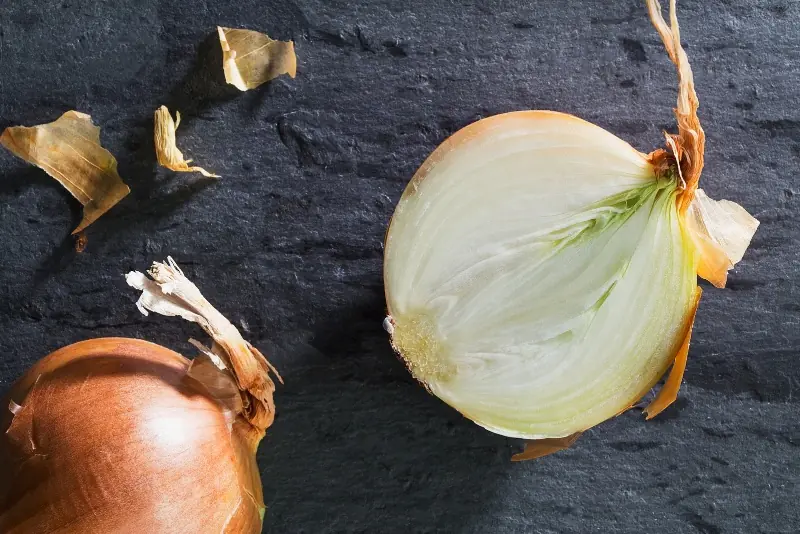
4 great reasons to place an onion in the corner of your room

The Volume Buttons On Your Phone Aren't Just For Sound. These Are 6 Hidden Functions That Most People Don't Know About
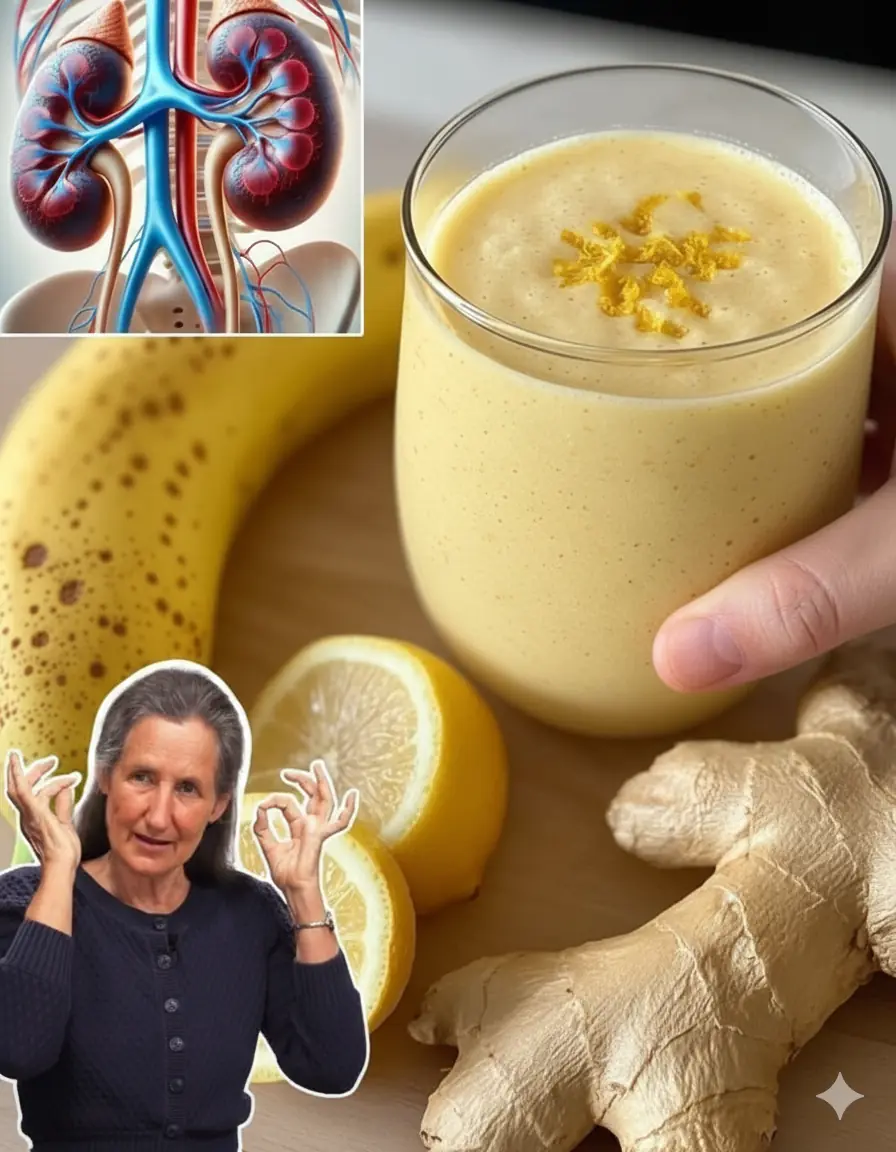
Banana Lemon Ginger Smoothie: A Refreshing Way to Energize Your Morning
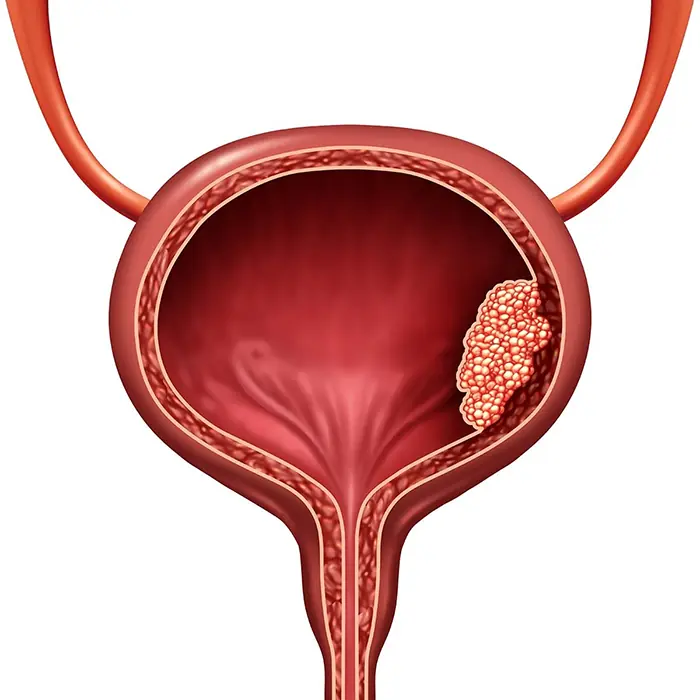
Early Symptoms of Bladder Can:cer That Often Go Unnoticed

Can people sense when de.ath is near? Insights from science
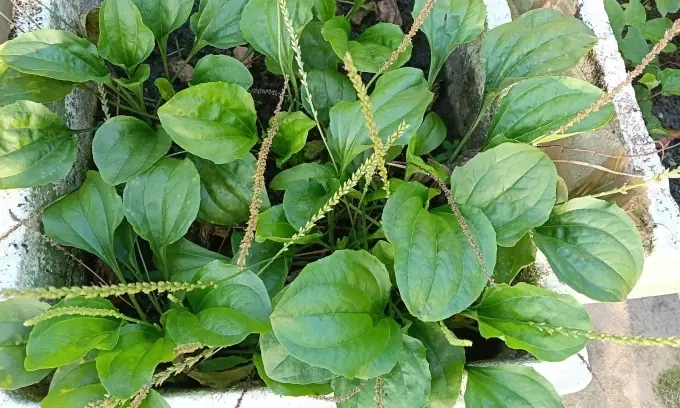
The Hidden Healing Benefits of Plantago lanceolata
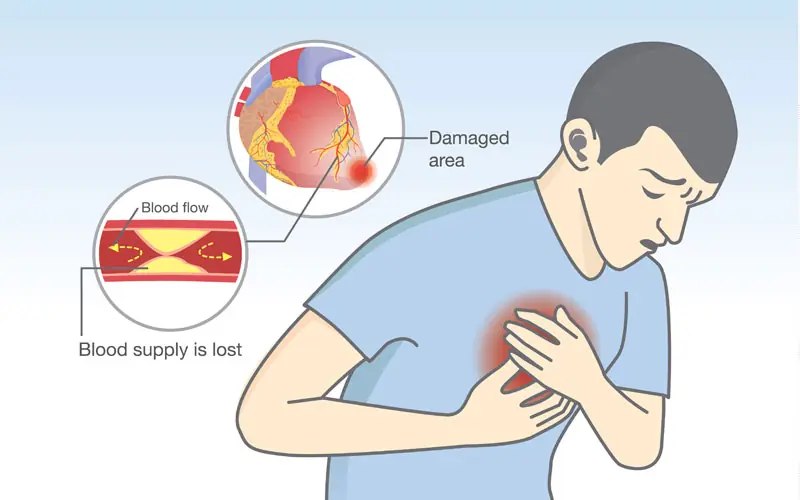
10 Indicators Linked to Stroke and Premature Dea:th
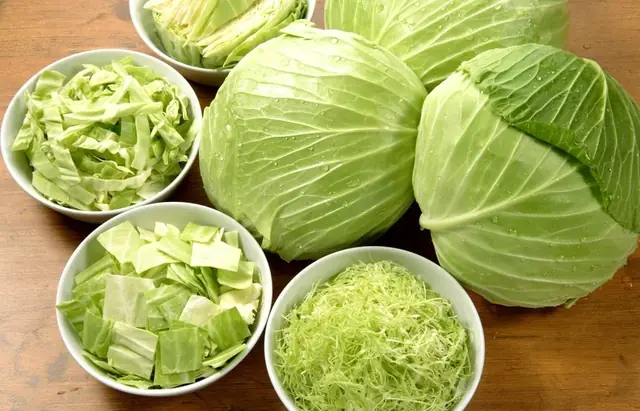
Cabbage Is Great for Your Health — but These 4 People SHOULD NOT Eat It
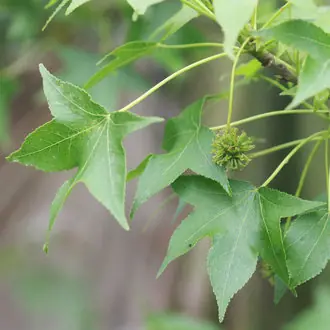
Rediscovering the American Sweetgum (Liquidambar styraciflua): Nature’s Forgotten Healing Tree
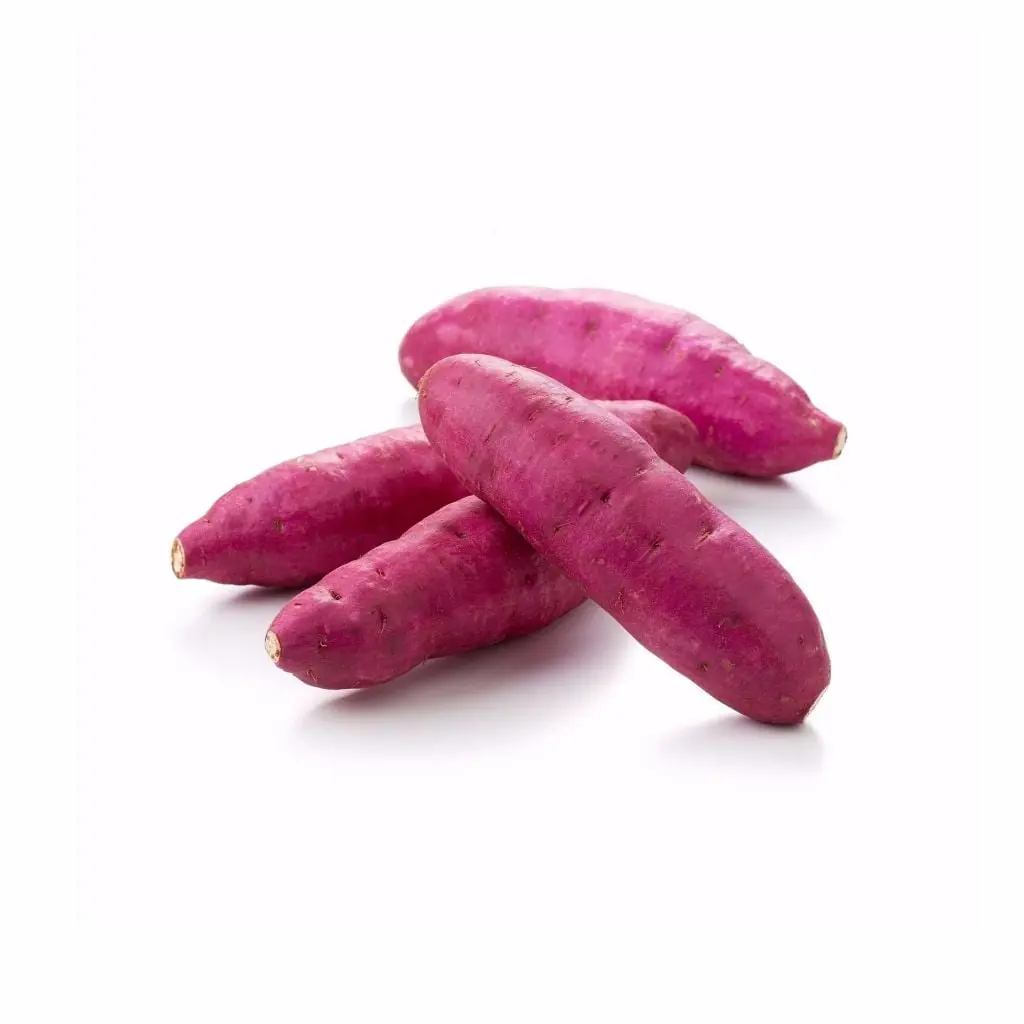
Think Sweet Potatoes Are Always Healthy? Read These 8 Important Facts First
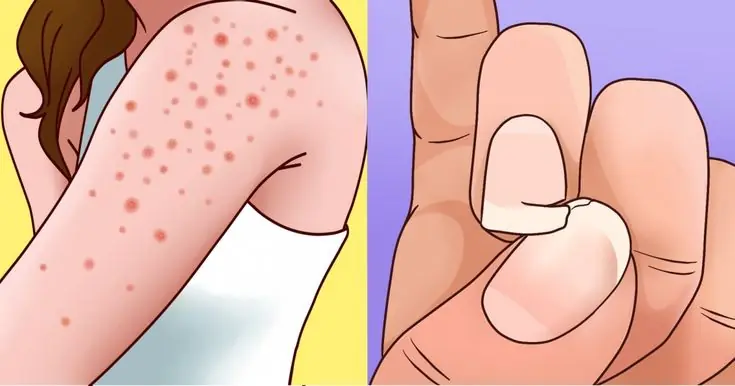
9 Warning Signs You May Be Gluten Sensitive (and Why It Matters)

Why You Might Wake Up Between 3 and 5 AM Every Night - And What It Could Mean
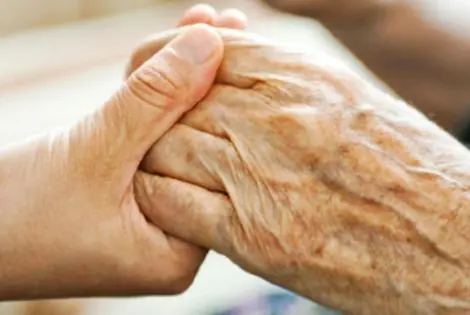
4 signs your parent may be entering the final stage of life
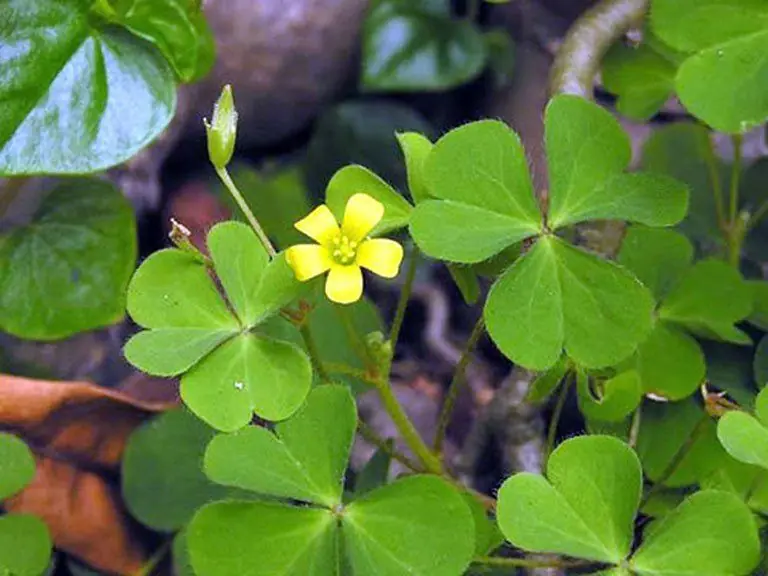
Wood sorrel (Oxalis): The tangy wild plant you didn’t know was so useful
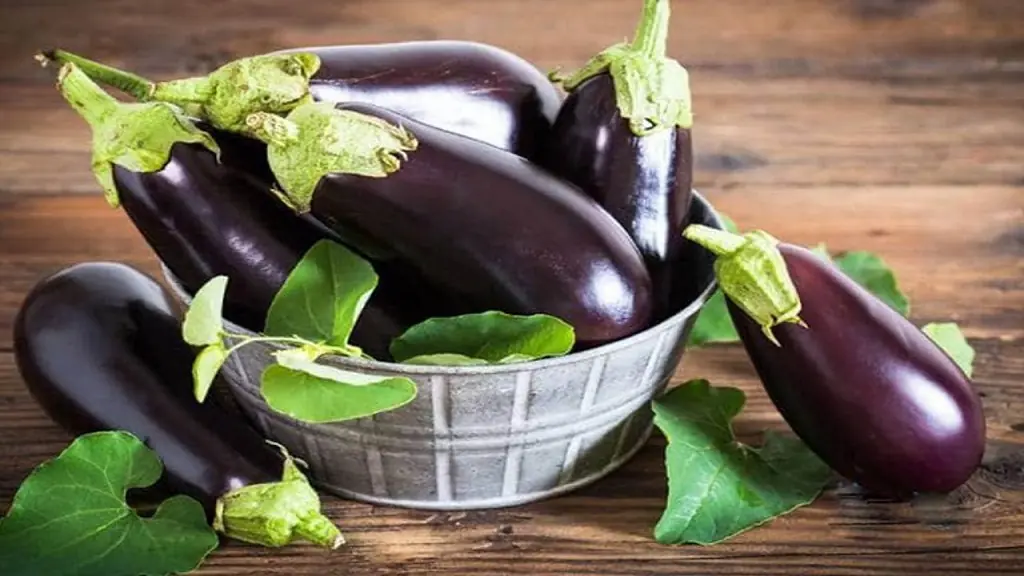
Eggplant has many benefits yet these 4 groups should stay away

When should you have your coffee — between 6.30-8 am or 9-11 am — for better focus, staying alert?

Don't Add Salt and Plain Water—This Is the Secret to Sweet, Tender, and Firm Meat
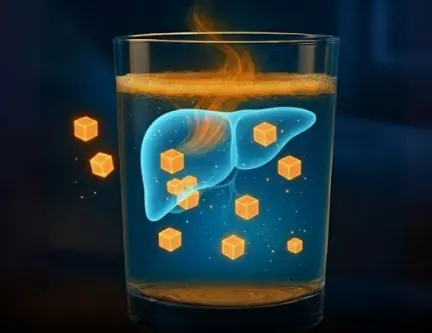
Do you believe you have to endure high blood sugar levels for the rest of your life?
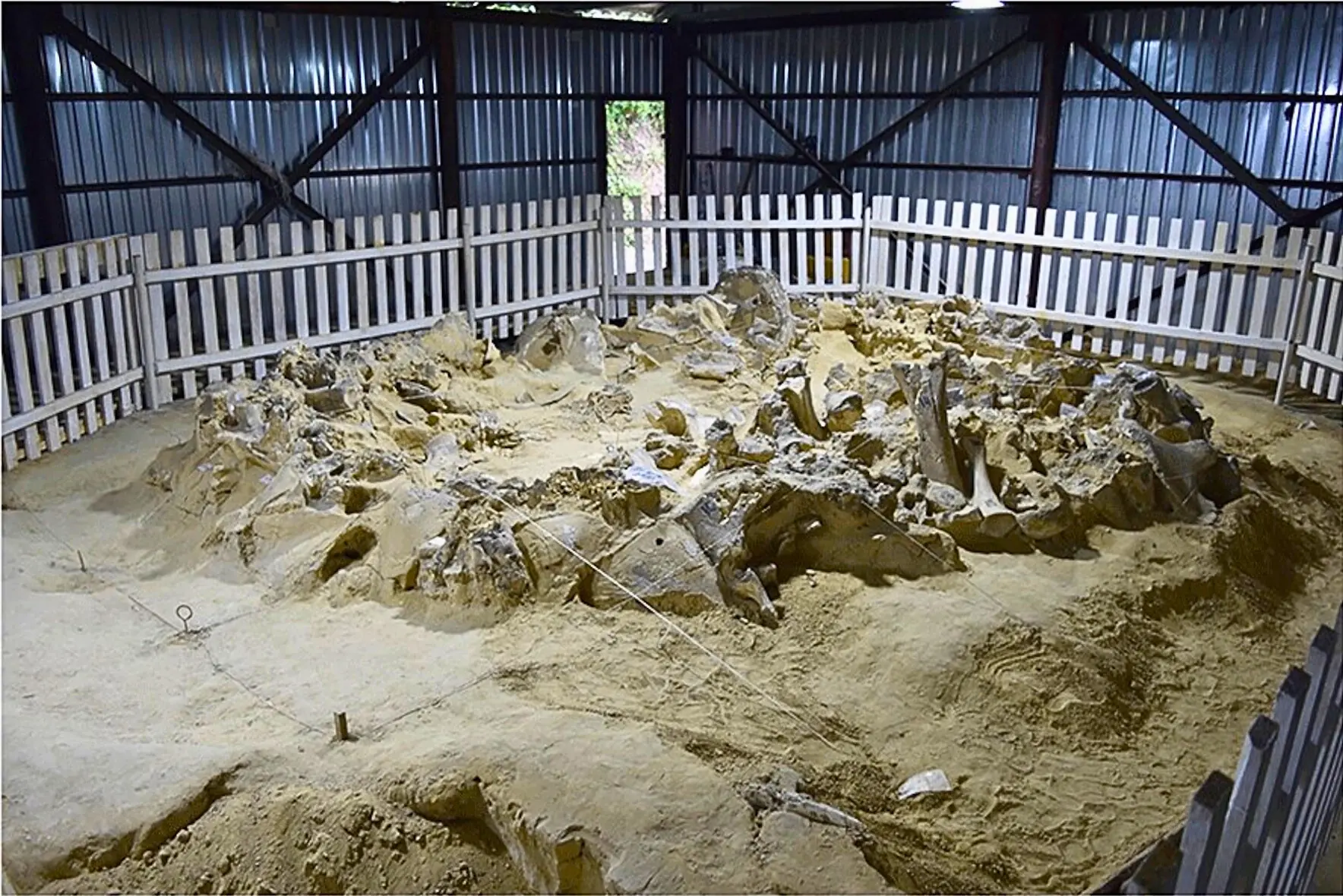
CHERKASY OBLAST, UKRAINE—SciNews reports that a new study of the bones of small animals recovered from Mezhyrich
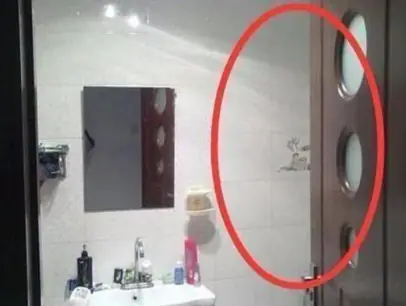

Kidney stones, also known as renal calculi, occur when minerals in urine are deposited in the kidneys, bladder, ureters, etc., forming solid crystals ranging in size from a few mm to a few cm.